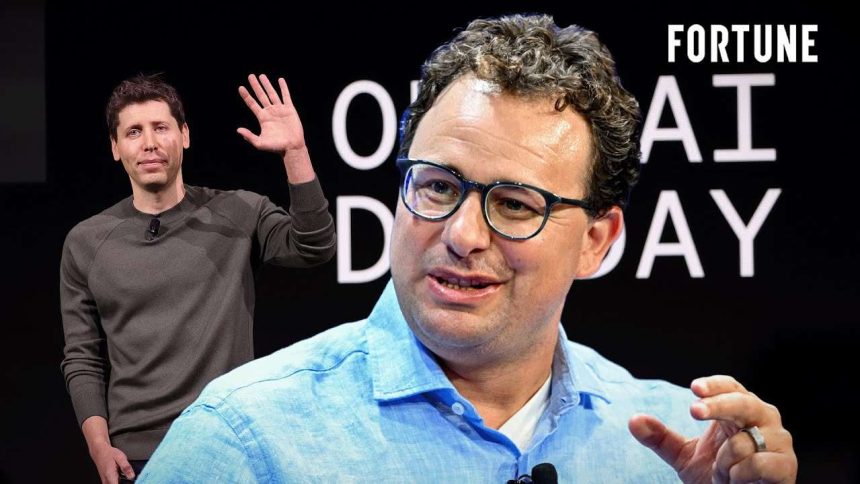In a sharp turn that reflects the increasingly competitive nature of the artificial intelligence industry, Anthropic has officially cut off OpenAI’s access to its Claude models, citing violations of its terms of service. The move arrives just as OpenAI prepares for the anticipated launch of GPT‑5 later this month — a milestone event in the generative AI race.
Anthropic’s decision, confirmed on Friday, accuses OpenAI of using its Claude Code tool to conduct benchmarking tests — a practice that Anthropic says breaches usage policies forbidding the use of Claude to train or enhance competing AI models.
OpenAI, in response, defended its actions by emphasizing the industry-wide importance of model comparisons for safety and performance evaluations. The company expressed disappointment over the ban, especially given that Anthropic still has access to OpenAI’s APIs.
From Innovation to Protectionism
While cross-benchmarking has long been a norm among AI labs, the incident marks a shift in how providers now approach competitive intelligence. This is not the first time Anthropic has enforced its terms this aggressively. Earlier this year, it also restricted access to another app, Windsurf, citing similar concerns.
A spokesperson for Anthropic stated, “We welcome healthy competition, but using Claude to train rival models is not aligned with the spirit of our API usage agreements.”
Industry insiders believe this could signal a new era where AI developers begin to lock down access to prevent intellectual property leakage — and possibly to stall rivals’ advancements.
Developer Trust at Stake
The implications go beyond Silicon Valley turf wars. For developers and startups globally — including those across Africa’s emerging AI ecosystem — the incident poses a growing risk: What happens when your entire product stack relies on a provider that can shut you out at any moment?
“Vendor lock-in is no longer just a technical concern — it’s a business risk,” said one Lagos-based AI entrepreneur who spoke on condition of anonymity. “If Anthropic can pull access from OpenAI, what prevents them from doing the same to any startup if they feel threatened?”
This scenario underscores calls for the diversification of model dependencies and the cultivation of more open, regional AI alternatives.
Why It Matters
With GPT‑5’s release looming, industry observers will be watching whether OpenAI tightens its own API access or begins vetting usage more stringently. Some analysts expect this to usher in a wave of exclusive partnerships, model gatekeeping, and potential legal skirmishes.
Meanwhile, developers, researchers, and policymakers are left grappling with a core tension: How can AI innovation thrive in an environment where leading players treat model access as competitive currency?
As AI tools become more powerful and essential, questions around openness, ethics, and control will only grow louder — and more urgent.
Talking Points
This Isn’t Just a Tech Rivalry — It’s a Glimpse Into a New Digital Cold War. Anthropic’s decision to block OpenAI’s access to its Claude models is not merely a spat between two AI giants — it signals a tectonic shift in how the most powerful tech players are beginning to weaponize access.
The open era of AI collaboration is rapidly eroding, and what we’re witnessing is the start of an API arms race where information is no longer shared — it’s stockpiled.
For African Startups and Developers, This Is a Red Flag. Most African tech companies rely heavily on Western AI infrastructure, including APIs from OpenAI, Anthropic, and Google.
But this incident shows just how fragile that dependence can be. If two of the biggest players can cut each other off, what stops them from cutting off African startups when priorities shift, markets consolidate, or sanctions bite?
We Need to Ask: Who Really Owns the Future of Intelligence? AI was once pitched as the great equalizer. But when model access becomes a power play between billion-dollar companies, it’s clear that AI is being monopolized, not democratized.
If Africa doesn’t accelerate efforts to build or co-own foundational models, it risks becoming permanently locked out of the AI value chain — relegated to the role of passive consumers rather than creators or regulators.





